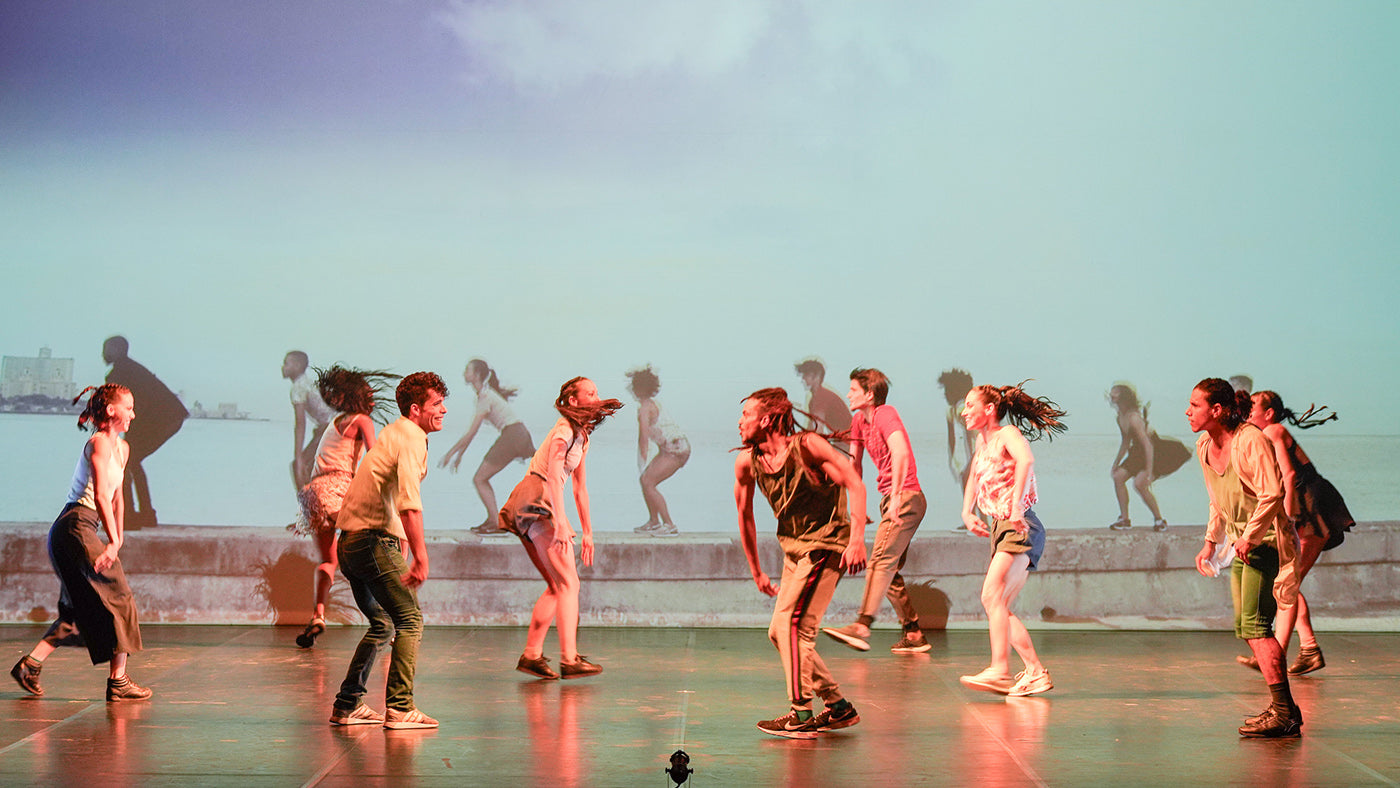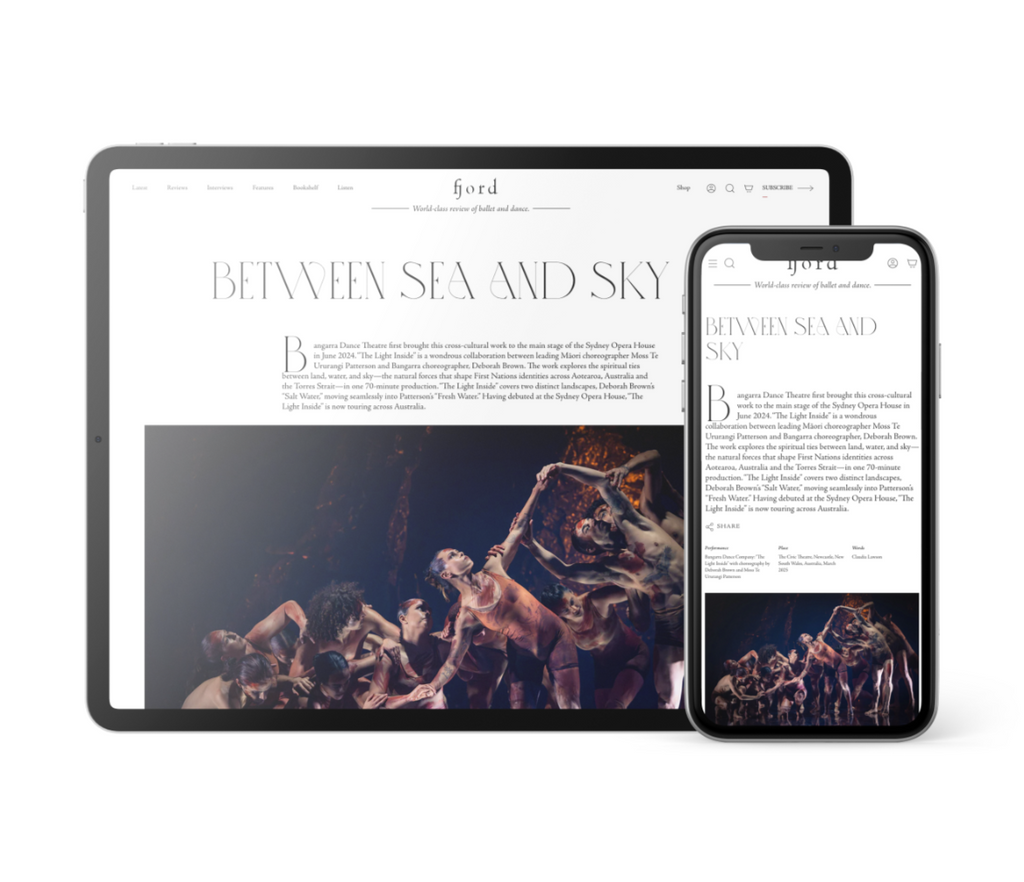A Dance for All
Company Grande, a new dance theater project from the Saitama Arts Foundation triumphed in their recent production, “The Rite of Spring.”
Plus
World-class review of ballet and dance.
An “Ajiaco” is a type of soup common to Colombia, Cuba, and Peru that combines a variety of different vegetables, spices, and meats. It’s also the title of the latest quadruple bill of works that Carlos Acosta’s ‘Acosta Danza’ presented at the Venice Dance Biennale. Running on July 14 & 15, the two shows mark the Havana-based company’s Italian debut.
Performance
Place
Words



“Uncommonly intelligent, substantial coverage.”
Your weekly source for world-class dance reviews, interviews, articles, and more.
Already a paid subscriber? Login
Company Grande, a new dance theater project from the Saitama Arts Foundation triumphed in their recent production, “The Rite of Spring.”
PlusIn the second week of February, an ensemble of young and remarkably accomplished dancers presented a lovely and generously conceived programme just beyond the Paris city limits, at the Théâtre des Sablons in Neuilly-sur-Seine, as part of a tour spanning not only several French cities but also Spain, Germany, Switzerland and Malaysia. The evening unfolded as a carefully balanced succession of styles, allowing the dancers to reveal both technical assurance and interpretative maturity. Overall, the cohesion of the ensemble and the clarity of their stage presence matched those of an established professional company. Yet this was not, strictly speaking, the...
PlusWith their inimitable blend of contemporary movement and the no-holds barred athleticism of hip-hop and the meticulousness of martial arts, Compagnie Hervé Koubi creates a visual language unlike any other.
PlusOh to love and be loved, what a beautiful mess it is. Nobody captures the contradictions of passion quite like Pina Bausch, whose “Sweet Mambo” is cast in her signature silly-meets-sincere mould—another treat for us Bausch bods out here, less fetching perhaps if you’re not a fan of her highly mannered house style.
Plus
comments